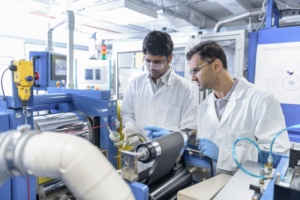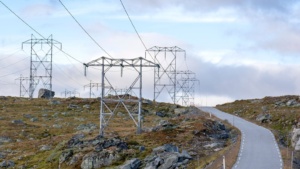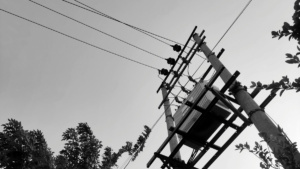This was the topic of the final dissemination event from the EU project IMPACTS. IMPACTS is a pan-European research project where researchers from academia and industry from nine different countries collaborate on investigating the effect of impurities on CO2 transport and storage.
2nd International forum on recent developments of CCS implementation
The conference entitled the 2nd International forum on recent developments of CCS implementation (IMPACTS ccsforum_2_agenda) was held in Athens, Greece in December 2015. IMPACTS joined forces with the sister EU project CO2QUEST which has performed research on the same topics. This made for a very interesting final conference which included valuable knowledge exchange between the two projects.

Interestingly the two projects combined nicely provided complimentary results leading to a great overview of what is the impact of impurities on CO2 transport. The results ranged from CO2QUEST showing interesting experimental results on CO2 behavior (release and dispersion characteristics) during a pipeline fracture tests at their CO2 pipeline test facility in Dalian, China to very high quality experimental thermodynamic data obtained by the IMPACTS project at RUB University’s laboratories in Germany, density data from Tsinghua University in China, and also key thermodynamic modeling results obtained at SINTEF Energy Research in Norway to name a few of the key IMPACTS results.
International participants
A total of about 70 people attended the conference which also included international experts from the USA as well as the head of the standard committee ISO/TC 265 on CO2 Transportations Dr. Achim Hilgenstock from DVGW in Germany.

Standardization committees, such as ISO are interested in the results from IMPACTS along with the participating industry which may construct and operate future European CO2 pipelines. IMPACTS partner Statoil also gave a presentation of their ongoing CCS projects at the meeting.
Case studies
Case studies were performed on selected, representative CCS chains that revealed the impact of impurities in CO2 streams on the design and operation of the transport and storage infrastructure through techno-economic assessments. From this, recommendations have been suggested for optimized CO2 quality on a case-by-case basis for CCS chains which are seen significant for large-scale deployment of CCS. In particular IMPACTS recommendations have been made on design/operation of pipelines where new methodologies have been suggested for selecting the design criteria for operation of CO2 pipelines to avoid two-phase flow and running ductile fractures, to limit over-specifying and to reduce costs. IMPACTS also provides recommendations on corrosion-related issues in the CCS chain; a framework for risk assessment of CCS considering CO2 streams with impurities; and recommendations on injection and storage of CO2 with impurities.


IMPACTS is very pleased to be invited to participate along with CO2QUEST to produce a Special Issue in the Journal of Greenhouse Gas Control to be issued during fall of 2016. This special issue will contain all the key results and recommendations from the IMPACTS project.
All Photos: Abigail Ward, University of Leeds, England.











Comments
No comments yet. Be the first to comment!